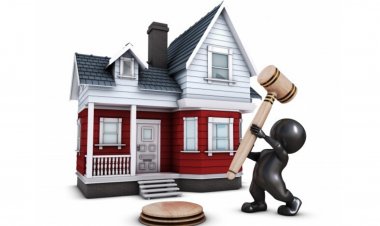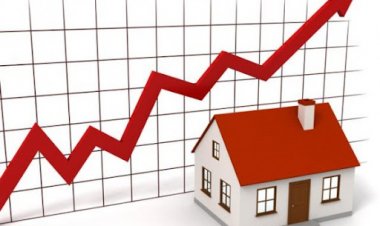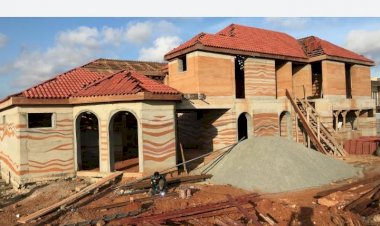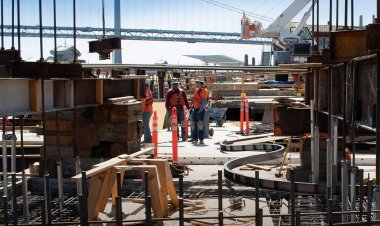Mercantile Buildings in Kenya: A Catalyst for Economic Growth
In Kenya, these buildings have emerged as significant contributors to the nation's economic growth and development.
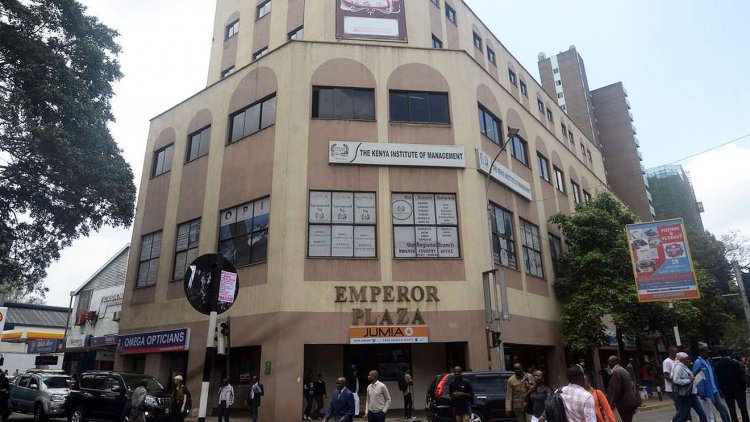
Mercantile buildings play a crucial role in shaping the economic landscape of a country. In Kenya, these buildings have emerged as significant contributors to the nation's economic growth and development. Here we explore the importance of mercantile buildings in Kenya, their characteristics, and the positive impacts they have on local businesses, employment, and urbanization.
Characteristics of mercantile buildings in Kenya:
Mercantile buildings in Kenya are typically commercial structures designed to accommodate a wide range of businesses. They are characterized by their size, architectural design, and strategic locations. These buildings are often multi-story structures, featuring modern facilities such as elevators, escalators, ample parking spaces, and advanced security systems. They are strategically located in urban centers or busy commercial areas, ensuring accessibility and visibility for businesses.
Contributions to local businesses:
Mercantile buildings serve as commercial hubs, providing a conducive environment for businesses to thrive. They offer a variety of rental spaces suitable for different types of enterprises, including retail stores, offices, restaurants, and entertainment venues. These buildings attract local businesses by providing a centralized location with high foot traffic, facilitating exposure and customer engagement. Moreover, the architectural design of mercantile buildings often incorporates attractive storefronts and modern amenities, enhancing the appeal of businesses within them.
Employment generation:
The establishment of mercantile buildings generates employment opportunities at various levels. During the construction phase, a significant number of workers are employed, contributing to job creation and income generation. Once operational, these buildings require a workforce to manage maintenance, security, cleaning, and customer service. Additionally, the presence of diverse businesses within mercantile buildings creates employment opportunities for individuals across various sectors, including retail, hospitality, administration, and sales.
Urbanization and infrastructure development:
Mercantile buildings are instrumental in fostering urbanization and infrastructure development in Kenya. They serve as landmarks in growing cities and contribute to the transformation of urban skylines. The construction of these buildings often entails the development of supporting infrastructure, such as roads, utilities, and public transportation systems, leading to improved connectivity and accessibility. Mercantile buildings also attract investments and spur the growth of surrounding areas, encouraging the development of residential, commercial, and recreational facilities.
Economic growth and revenue generation:
The presence of mercantile buildings stimulates economic growth by attracting local and foreign investments. These buildings provide a platform for businesses to flourish, leading to increased productivity, revenue generation, and tax contributions. As businesses thrive within mercantile buildings, they generate income for entrepreneurs, employment opportunities for individuals, and contribute to the overall economic prosperity of the nation. Additionally, the taxes collected from these businesses support public infrastructure, social welfare programs, and government initiatives, further fueling economic growth.
Mercantile buildings in Kenya have become vital components of the country's economic landscape. Their strategic locations, modern design, and diverse business offerings create an ecosystem that fosters economic growth, employment generation, and urban development. As Kenya continues to experience rapid urbanization and economic expansion, the significance of mercantile buildings in supporting and sustaining this growth cannot be overstated.
If you have a real estate press release or any other information that you would like featured on the African Real Estate Blog Post do reach out to us via email at [email protected]

 AREBP
AREBP 







